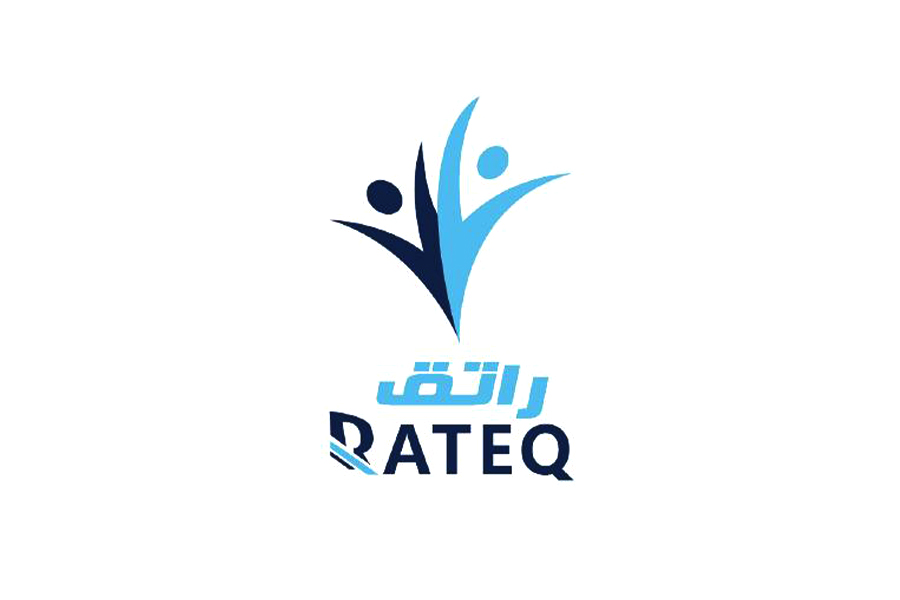
Fortune News | Nov 23,2019
May 11 , 2024
By AKSAH ITALO ( FORTUNE STAFF WRITER )
Ethiopia is contested to fully embrace the African Continental Free Trade Area (AfCFTA) due to slow progress on cross-regional payment systems, potential tax revenue losses, and underdeveloped logistics infrastructure. With preparations underway for the trial period known as the Guided Trade Initiative (GTI), representatives from the Ministry of Trade & Regional Integration (MoTRI), the Ethiopian Customs Commission, commercial banks and private logistics firms, convened to address these lingering impediments last week.
The Ministry of Finance is reviewing a list of 6,475 goods submitted to the secretariat in Accra, Ghana, before forwarding it to the Council of Ministers for approval, marking the initiation of the trial period. Nearly 90pc of items—are poised for zero tariffs, while seven percent are slated for tariff removal over a decade, with 193 goods excluded from preferential free trade.
According to Tages Mulugeta, head of international & regional integration at the Ministry, negotiations over the trade protocols for products have made progress.
"We'll soon be selecting the participating businesses," he said.
Ethiopia stands among the nine countries out of 47 that have yet to finalise the approval process within its government, following endorsement from Accra. The rest have commenced trial trading in select commodities such as meat products, flowers, honey, and powdered milk.
Experts like Martha Belete (PhD), a law professor and regional integration consultant, argue that fully benefiting from AfCFTA will require changes within domestic businesses. She points out limited access to finance, widespread corruption, low industrial productivity, and informal business practices as pressing issues that need to be addressed.
"Reliance on primary commodities for exports should also be reduced," she said.
Martha said potential impacts of Ethiopis's recent opening of retail, wholesale, import, and export sectors for foreign investors, call for nuanced approaches in how foreign capital engages in AfCFTA.
For Tages, the timeframe for joining depends on reaching agreements on the criteria to determine the national source of textile and automotive products. While the trade official is hopeful about Ethiopia's potential participation in the Pan African Payment & Settlement System (PAPSS), which is currently integrated into only six countries, a senior official from the National Bank of Ethiopia (NBE) emphasised the importance of conducting a thorough assessment of the agreement to understand the intricacies of other African economies.
"We can't blindly get into an agreement," he told Fortune.
Tages remains optimistic. He believes that without full integration, countries can engage in intracontinental trade through common currencies during the trial period. Managed by the African Export-Import Bank (Afrexim Bank), PAPSS is a two-year-old cross-border financial market infrastructure facilitating payment transactions across Africa.
Six years after the initial agreements, logistical disparities among member countries persist. Elizabeth Getahun, CEO of Panafric Global Logistics, expressed concerns about delayed port clearance and freight forwarding protocols. She noted that while countries like Kenya have made progress in integrating their logistics sectors with others, Ethiopia lags behind.
"Unchecked logistics protocols will hamper our national capabilities," she said.
Mesfin Tefera, general manager of Weyra Transport Share Company, echoed these concerns, citing Ethiopia's 123rd ranking in the Global Logistics Index. He said security issues along the Ethio-Djibouti road must be addressed for intercontinental trade to flourish while Ethiopia's logistics infrastructure is incompatible with neighboring countries like Kenya and Djibouti.
"Expanding railroads and improving road standards is vital," he said.
Private sector involvement within Customs Commsssion services was mentioned as potential by Abera Abegaz, owner of A.Y Noble Inspection and board member of the Addis Chamber of Commerce & Sectorial Association. Abera cited the dismissal of a UK-based software service provider nearly two decades ago after four years of operation as evidence of the Commission's monopoly on services.
"Its efficiency could improve by outsourcing certain services," he said.
Abera said poor quality specifications could have detrimental impact on exports. He observed that commodities are often misidentified as originating from other African countries in international markets.
"Accurate sources of origin are crucial for continental trade," said Abera.
Customs officials responded that ongoing police reforms aim to raise efficiency and service provision.
Kassaye Ayele, the tariff administration director at the Commissio said the procedures are in a comparatively better position than other African countries. He cited implementation of an electronic cargo traffic management system, border control technology, and online customer service mechanisms as evidence of transformative changes within the Commission.
"We never said there were no problems," Kassaye said, "but we are addressing them step by step."
Implementing AfCFTA is estimated to increase real income gains by seven percent by 2035. Kassaye also noted that long-term gains in real income would offset tariff revenue losses in the short run as Ethiopia delves deeper into AfCFTA trading arrangements despite the declining tax-to-GDP ratio.
"We will take an initial hit," he said, "but our newer taxes will lessen the impact."
PUBLISHED ON
May 11,2024 [ VOL
25 , NO
1254]

Fortune News | Nov 23,2019

Radar |

Radar | Apr 27,2025

Viewpoints | Nov 16,2024

Fortune News | Jan 22,2022

Advertorials | May 21,2024

Radar | Jun 19,2021

Radar | Nov 26,2022

Radar | Nov 20,2021

Radar | Nov 06,2021

Dec 22 , 2024 . By TIZITA SHEWAFERAW
Charged with transforming colossal state-owned enterprises into modern and competitiv...

Aug 18 , 2024 . By AKSAH ITALO
Although predictable Yonas Zerihun's job in the ride-hailing service is not immune to...

Jul 28 , 2024 . By TIZITA SHEWAFERAW
Unhabitual, perhaps too many, Samuel Gebreyohannes, 38, used to occasionally enjoy a couple of beers at breakfast. However, he recently swit...

Jul 13 , 2024 . By AKSAH ITALO
Investors who rely on tractors, trucks, and field vehicles for commuting, transporting commodities, and f...

Jul 5 , 2025
Six years ago, Ethiopia was the darling of international liberal commentators. A year...

Jun 28 , 2025
Meseret Damtie, the assertive auditor general, has never been shy about naming names...

Jun 21 , 2025
A well-worn adage says, “Budget is not destiny, but it is direction.” Examining t...

Jun 14 , 2025
Yet again, the Horn of Africa is bracing for trouble. A region already frayed by wars...